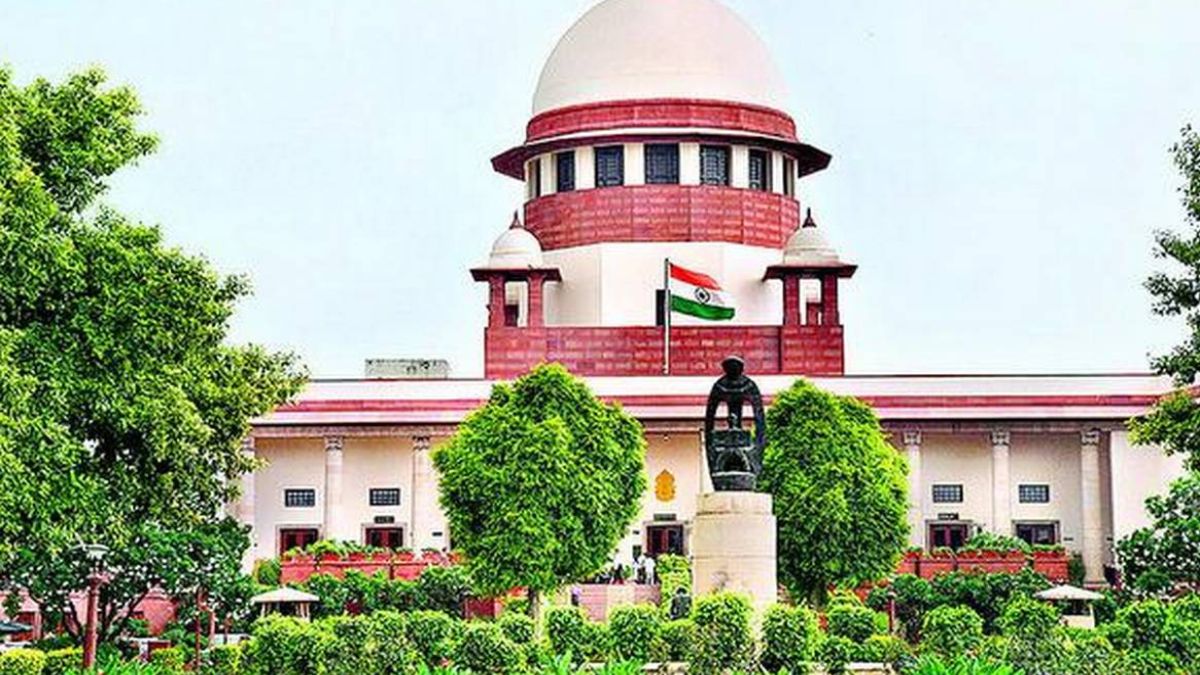In a landmark judgment in State of Tamil Nadu vs. Governor of Tamil Nadu (2023), the Supreme Court of India addressed a critical void in the legislative process—delays in Presidential assent to State Bills reserved under Article 201. For the first time, the Court established a 3-month deadline for the President’s decision, ensuring accountability and protecting the principles of federalism and democratic governance. Additionally, the Court advised that the President ought to seek the opinion of the Supreme Court under Article 143 in cases where a Bill is reserved for perceived unconstitutionality. This judgment is a significant step toward safeguarding the spirit of cooperative federalism and curbing executive arbitrariness.
Key Highlights on SC Verdict
Constitutional Articles Involved
- Article 201: Deals with President’s powers on State Bills reserved by the Governor.
- Article 143: Provides the power to the President to seek advisory opinion of the Supreme Court.
SC Interpretation of Article 201
- When a Governor reserves a Bill for the President’s consideration, the President must act within 3 months.
- Earlier, no timeline existed, causing legislative paralysis and uncertainty.
- The Court held that indefinite delay is unconstitutional and violates the principle of non-arbitrariness.
Time-Bound Decision
- 3-month deadline is now established for the President to assent or withhold assent.
- The decision must be reasoned and communicated to the concerned State Government.
No “Absolute Veto”
- The President cannot indefinitely withhold assent—this would amount to an unconstitutional “absolute veto”.
- The withholding must be justified with sound legal reasoning, not political considerations.
Recourse to Judiciary
- States may approach courts if there is prolonged inaction.
- They can file a writ petition seeking a Mandamus to compel Presidential action.
Article 143: Seeking SC Opinion
- If the Governor reserves a Bill citing unconstitutionality, the President ought to consult the SC.
- Though not binding, SC’s advisory opinion holds high persuasive value.
- Prevents enactment of patently unconstitutional laws, saving public resources.
Difference Between Governor & President
- If the Governor returns a Bill, and it is re-passed by the State Legislature, he must assent.
- The President is not bound similarly under Article 201.
Policy vs Constitutionality
- SC will only advise if the issue is a purely legal/constitutional question.
- It will not intervene if the matter pertains to policy, socio-economic or political questions.
Supporting References
Sarkaria Commission (1988) & Punchhi Commission (2010) recommended,
- Time-bound Presidential decisions.
- Article 143 consultation in cases of constitutional doubts.
- MHA Office Memorandums (2016) also prescribed a 3-month timeline.
| Summary/Static | Details |
| Why in the news? | SC Laid Down 3 Month Deadline For President To Assent Bill Reserved By Governor |
| Article Invoked | Article 201, Article 143 |
| Timeframe for Decision | President must decide within 3 months |
| Type of Action Required | Assent or Withholding, with reasoned communication |
| On Withholding Assent | Must be based on sound legal grounds |
| Judicial Recourse | States may file Writ of Mandamus |
| SC’s Role via Article 143 | Advisory opinion in constitutional matters (not policy) |
| Governor vs. President | Governor must assent if Bill re-passed; President is not bound |
| Relevant Reports | Sarkaria Commission, Punchhi Commission, MHA 2016 Memo |
| Limitation on SC Advisory | No comment on policy or political matters |
| Aim of the Ruling | To end indefinite delay, uphold cooperative federalism |



 Which District is known as the Medical C...
Which District is known as the Medical C...
 Which was the First Women's University i...
Which was the First Women's University i...
 L&T Vyoma to Study 250 MW Green AI D...
L&T Vyoma to Study 250 MW Green AI D...








